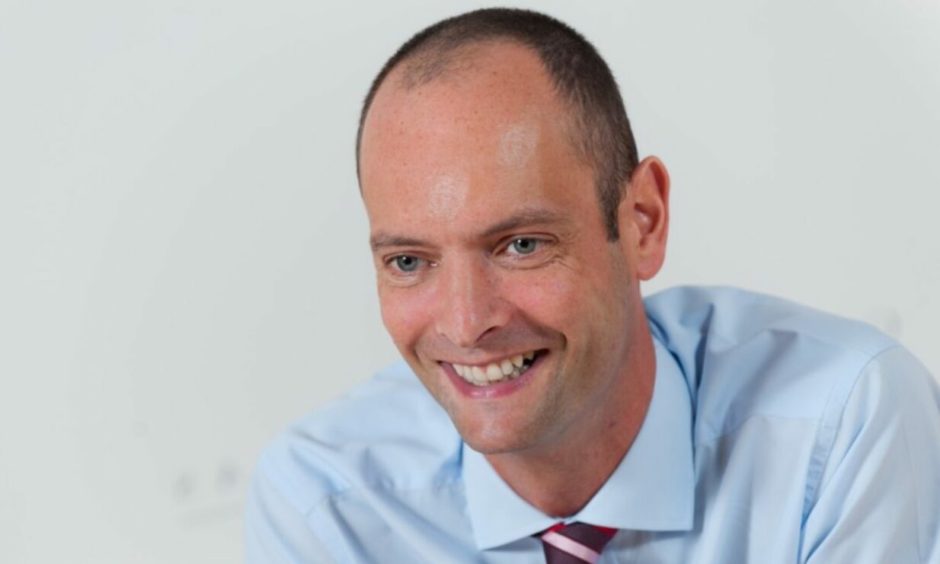The latest small and medium-sized enterprise (SME) “barometer” report from business adviser Azets has revealed ambitious growth plans among firms.
This is despite a significant drop in optimism about the economy.
The survey revealed 51% of all SMEs across the UK and Nordic countries are optimistic about the economic outlook, down from 68% last summer.
UK SMEs were the least positive, with 40% expecting the economic climate to worsen.
SMEs remain committed to pivoting their business models and embracing digitalisation as the biggest opportunities to fuel growth.”
Peter Gallanagh, chief executive for Azets in Scotland.
Despite concerns over the economy, 62% of all SMEs expect their turnover to increase during the next year and 53% anticipate their profits will improve.
Soaring cost inflation is the biggest day-to-day challenge facing the SME community, alongside serious recruitment problems, the survey found.
Nearly two-thirds (64%) of SMEs are unable to recruit people with the right skills.
Covid, cost inflation and employee wellbeing were also highlighted as key challenges.
ESG may suffer
Azets said addressing these challenges could have reduced capacity for focus on environmental, social and governance (ESG) issues, with 71% of SMEs not currently focused on reducing carbon emissions and 85% not measuring their carbon footprint.
Peter Gallanagh, regional chief executive for Azets in Scotland, said: “The Covid crisis has been particularly tough on SMEs, not only because they are more prevalent in the worst-hit sectors but also because they have fewer buffers – including access to liquidity – than bigger organisations.
“It is, therefore, no surprise optimism around the economic outlook has reduced, impacted by the potential for new Covid variants and the global cost of living crisis.”
Embracing digitalisation
He added: “The impact on the global economy and the SME sector will be immense when we start to analyse the effect of sanctions, price fluctuations on commodities and disruption to the global supply chain.
“Despite this new uncertainty, SMEs remain committed to pivoting their business models and embracing digitalisation as the biggest opportunities to fuel growth.
“It is this flexibility and agility that will be key for SMEs as they continue to build their resilience and pursue their growth plans.”
In other survey findings, 61% of SMEs say digitalisation is key to business efficiency.
Nearly half (45%) of firms are not resourced for ESG issues, 16% have experienced a cyber-attack or serious data breach, and more than half (54%) plan to increase digitalisation in the year ahead.
Cyber-security, data analytics, remote working, e-commerce, and process automation rank as top priorities.
The survey polled 1,093 SMEs in Denmark, Finland, Norway, Sweden and the UK.





Conversation